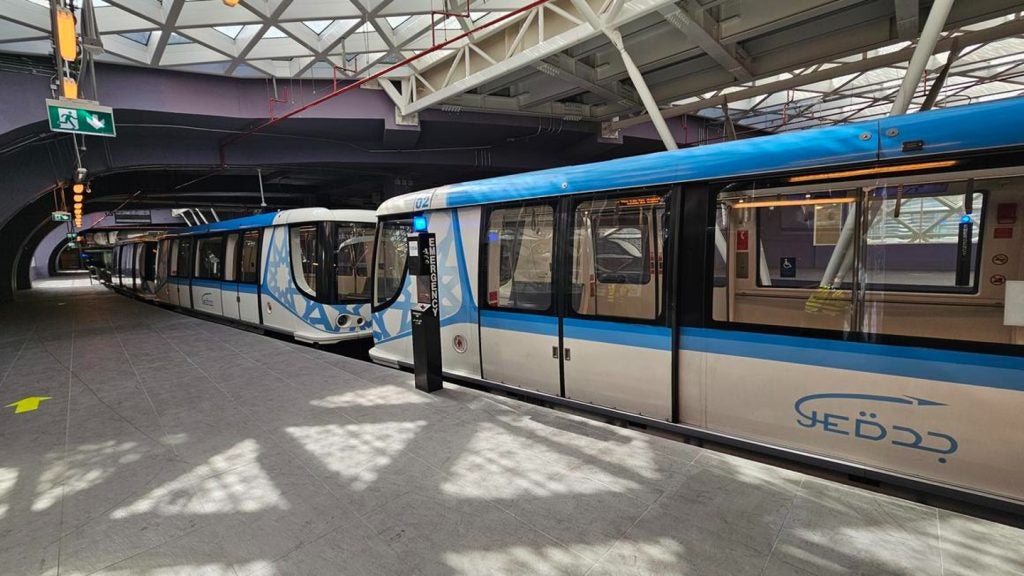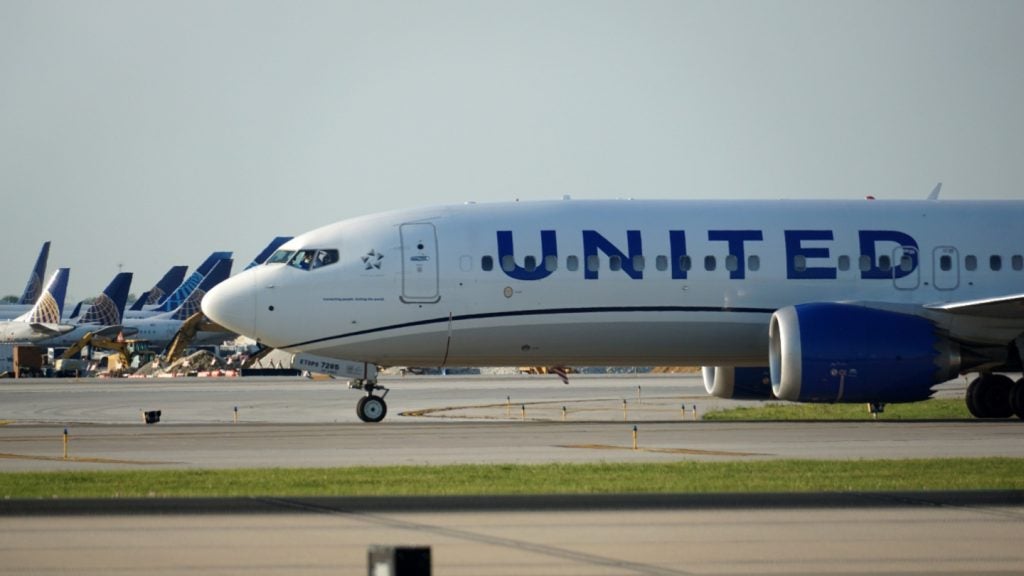
Technologies such as automation, machine learning and artificial intelligence will become key drivers for airports in the future, Frost & Sullivan’s aerospace director Diogenis Papiomytis said at the Amadeus Airport IT conference yesterday.
In the midst of key stakeholders in the industry including global airport authorities, ground handlers and airport service providers, Papiomytis kicked off the Amadeus Expanding Horizons conference in Munich and outlined the key future trends in aviation in his keynote speech.
Highlighting some of the “megatrends” that are already being implemented in airports, Papiomytis said 5G has changed the way data is communicated. “Better connectivity is not only improving productivity but it is upgrading operations in more ways than we can imagine,” he added.
As the speed of data communication has escalated, he said that big data and prediction analysis will be essential to making airport operations smoother.
Increase in data generation will result in more automation
The amount of data being created by passengers and airport companies today is growing at a “terrifying” rate, according to Papiomytis. “Data will transform our lives in ways that we cannot even imagine today because [data generation] has grown from one gigabyte to one terabyte per second,” he said.
Papiomytis added that more than two and a half million terabytes of data are being produced every day, and that data is “being communicated real-time from human-human, human-machine and machine-machine.”
How well do you really know your competitors?
Access the most comprehensive Company Profiles on the market, powered by GlobalData. Save hours of research. Gain competitive edge.

Thank you!
Your download email will arrive shortly
Not ready to buy yet? Download a free sample
We are confident about the unique quality of our Company Profiles. However, we want you to make the most beneficial decision for your business, so we offer a free sample that you can download by submitting the below form
By GlobalData“With machine learning, we’re able to actually go through those large amounts of data and use it to optimise operations and resolve complex problems and with quantum computing and better data processing, we’re can actually solve large problems like airport disruption,” he said.
In terms of using more complex technologies, the aviation industry is going to automate most operations in the future, Papiomytis said. “We might even have the ability to see autonomous flights, automated ground handling,” he said, adding that the concept of ‘dark airports’ might even become a reality.
Also, in order to make travel “frictionless and seamless”, airport will need to integrate various technologies. “It’s about a combination of technologies like smart cameras, introducing smart biometrics through sensor fusion and artificial intelligence.”
The use of technology won’t be limited to airport operations but will extend to improving sustainability. “Technology through smart airports, smart buildings and smart cities can actually reduce carbon footprint,” Papiomytis said.
Catering to a larger population of potential travellers
It’s no secret that demand for air travel is on the rise and airports are going above and beyond to attract more potential travellers. As Papiomytis put it: “It’s no longer one specific group of people that make up future travellers. Therefore, we have to actually create more personalised services.”
Building on the continuously increasing demand, he said that air traffic is expected to double in the next 50 years, and the lack of enough “airport capacity will be a challenge.” “You have to make more efficient use of the infrastructure.”
One way to do so is to introduce self-service check-in kiosks and automated luggage check-in booths, he said. This will improve passenger experience as it will facilitate better information dissemination as well as reduction of queues and, simultaneously, open up new areas of airport capacity.
Papiomytis added that in specific, millennials are largely a digitally native demographic of people and expect much more when travelling. In order to meet these demands, he said that the aviation industry must alter their business models “through the integration of services” by “collaborating with other companies in different industries.”
“Airport manufacturers are no longer only selling parts but they’re developing platforms and integrating mobility. It’s the future of manufacturing.”
Papiomytis said that companies are now looking at integrating travel companies from all sectors by introducing apps which would support intermodular travel.
Lack of skill is the biggest “pain-point” for the aviation industry
One of the biggest challenges facing the industry is the lack of technically trained personnel which is essential in the ongoing digitalised era.
With the ubiquity of technology, airports are being repeatedly targeted by cybercriminals – an issue which made victims out of airline companies such as British Airways and Cathay Pacific. To counter this issue, and to boost airport security, airport companies require a workforce who are trained to tackle cyberattacks.
“Globally we have a shortage of two and a half million cybersecurity professionals and that’s just in the [aviation] industry,” Papiomytis added.
“Digital transformation is the most important program running at an airport. It’s not just about IT, it’s about people, data, governance and creating a truly digital airport,” he concluded.
Exploring biometric automation at the Airport IT conference
Amadeus’ clients and its solutions were seen exhibiting their technology during the three-day conference taking place until the end of the week.
These included the company’s recently acquired self-check-in kiosk providing company, ICM which also displayed its facial recognition biometric technology. Eliminating the need for individual personnel checking passenger’s passports, the technology aims to cut costs, time as well as improve traveller experience by making it a seamless journey.
While the current kiosks require passengers to scan their passports, the new machines – once rolled out – will be an end-to-end software which will allow passengers to be checked once and using that data until their final check-in and other activities at the airport.
Also at the event is a virtual reality solution which allows potential employees to be trained to drive vehicles such as highloaders, passenger boarding bridges, catering trucks, pushbacks, marshall trucks among others on the runway. Just like pilots are trained on a simulator, Brazil-based startup Atza – which is supported by Amadeus – trains workers via virtual reality with the aim to make them more efficient without wasting fuel and is already being used in Sao Paulo Airport for training.





